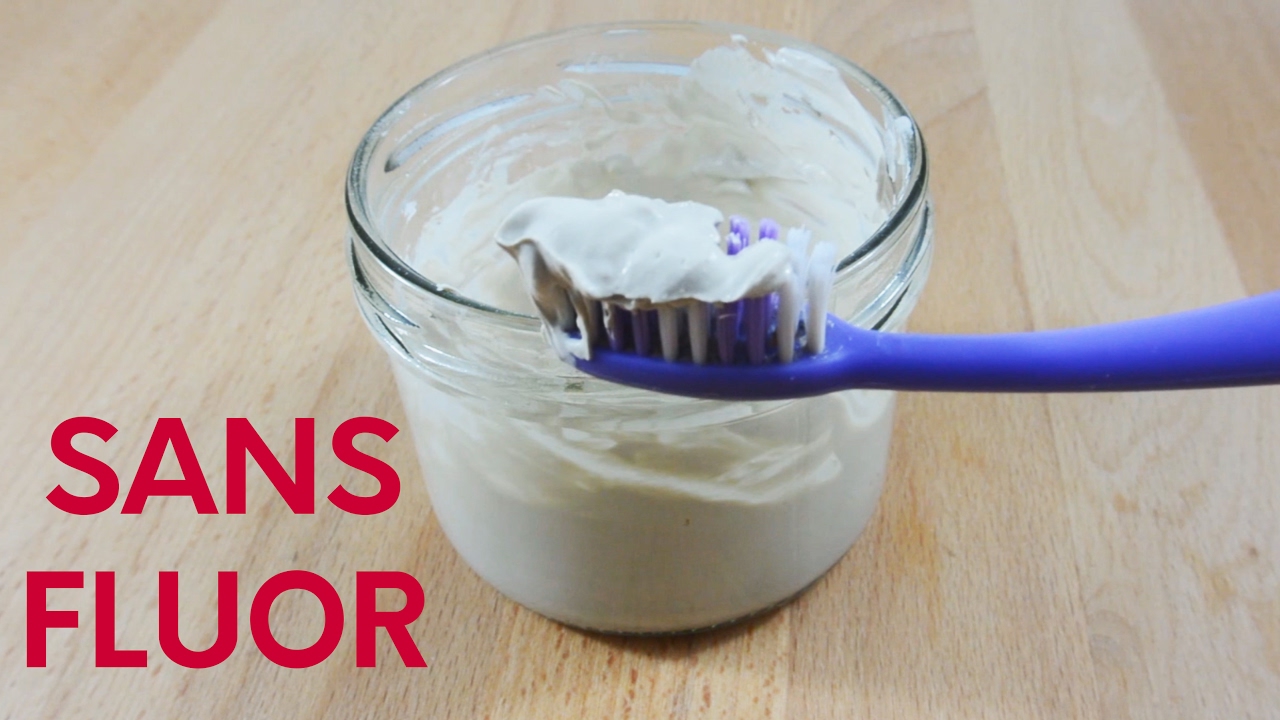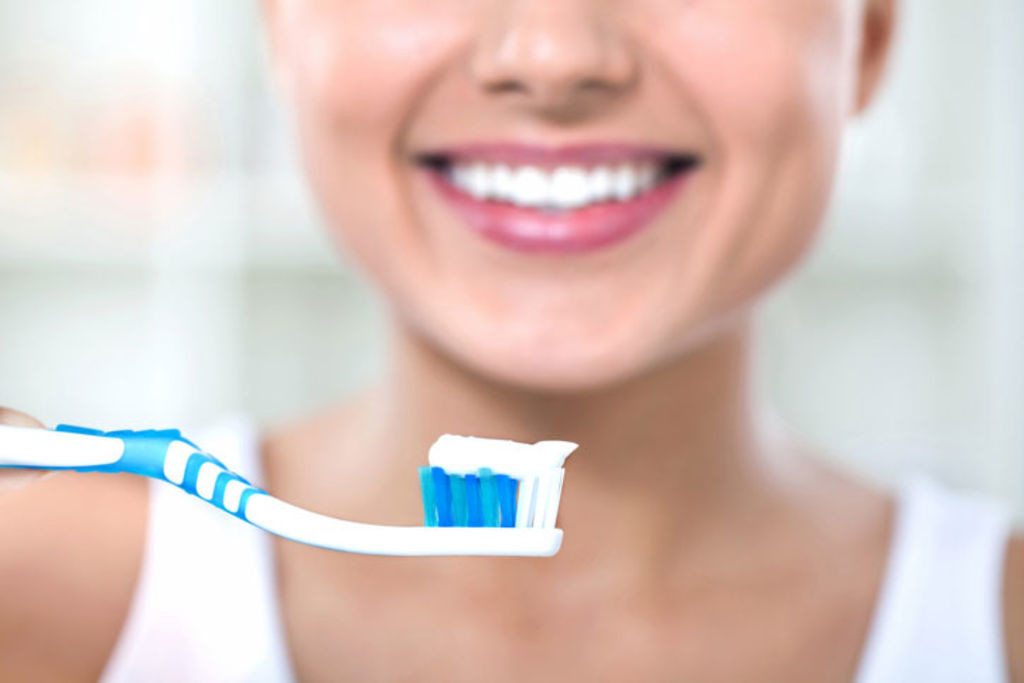Fluoride is known worldwide for preventing tooth decay. Available in tablet form for younger children, toothpaste for older children and even dietary supplements for the elderly, fluoride is consumed neither too little nor too much. Here are a few things you need to know about fluoride to get the most out of it.
Table of contents
HideWhat is fluoride?
Visit fluor is a trace element essential to the body, which is found mainly in the bones and teeth. This chemical element, present in all toothpastes, plays an important role in the constitution of tooth enamel.

Why does my body need fluoride every day?
Fluoride is recommended for several reasons. First, it ensures enamel solidification and provides children with a good mineralization.
Secondly, it reduces hypersensitivityby helping to fill dentin tubules, the tiny holes in dentin.
Finally, fluoride is essentially beneficial to the body, provided it is not consumed at high levels. What's more, it's readily available in most drinking water, toothpastes, mouthwashes and some dental products. With phosphorus and calciumIt plays a major role in the formation of teeth, cartilage and bone tissue.
This content is part of the guide Blooness, the guide to the ideal human diet, the summary of which you can find here 🌱🥑
Recommended fluoride intake
Recommended daily intake is approximately 2 to 2.5mg / day.
What's the best diet for ensuring adequate fluoride intake?
Drinking water, whether tap or bottled, generally provides the body with sufficient fluoride on a daily basis. But a diet rich in shellfish and fish also provides a rich supply of fluoride.

Fluoride-rich waters
The waters with the highest fluoride content are La Saint Yorre, Vichy Célestins and Sail-les-bains. Be careful not to overdo it: there are certain key times of the day when it makes sense to drink it.
|
Water |
Fluorine content (mg/L) |
|
Amanda |
2,5 |
| Badoit |
1,8 |
|
Contrex |
0,36 |
| Châteauneuf |
2,7 |
|
Chateldon |
2,2 |
| Clos de l'abbaye |
2,1 |
|
Evian |
0,12 |
| Hépar |
0,4 |
|
Mont Roucous |
0,1 |
| Orée du bois |
2,8 |
|
Perrier |
0,2 |
| St-Amand Vauban |
2,5 |
|
St Alban César |
3,4 |
| Sail-les-bains |
6,5 |
|
St-Yorre |
8,9 |
| San Pellegrino |
0,5 |
|
Vichy Célestins |
6,1 |
| Vittel |
0,3 |
|
Volvic |
0,2 |
| Wattwiller |
0,5 |
Foods rich in fluoride

Finally, to a lesser extent, fluoride is found in crab, shrimp and mackerel.
|
Food |
Fluoride content (mg/100g) |
| Canned crab |
0,21 |
|
Canned shrimp |
0,2 |
| Fresh cod |
0,03 |
|
Fresh mackerel |
0,15 |
| Fresh Atlantic salmon |
0,03 |
|
Fresh trout |
0,03 |
| Canned tuna in oil, drained |
0,03 |
What about fluoride-free toothpaste?
The question is often debated. Following the discovery of fluoride's health benefits, a number of products were systematically associated with added fluoride. Fluoride is now found in drinking water, salt and fish.
However, a high fluoride content in certain everyday products can lead to fluorosis, an excess of fluoride. For this reason, the use of fluoride-free toothpastes is increasingly recommended by a large number of scientists.

Can fluoride damage my health?
Since our teeth and skeleton are good reserves of fluoride, the risk of deficiency is very low. Fluorosis, on the other hand, is more common.
According to the WHO, the dose not to be exceeded to avoid any risk of fluorosis is 0.05 mg per day and per kilo of body weightall contributions combined.
Excess fluoride is often a source of skeletal or kidney problems. Fluorosis generally manifests itself in the appearance of stains on tooth enamel or a sharp drop in intelligence quotient.
Should fluoride supplements be imposed?
-
To the children
Supplements (drops and tablets) are generally recommended during the tooth mineralization phase, i.e. from birth to age 12. All supplements must be taken by a doctor, as in most cases they are not recommended by specialists before the age of 6 months.

-
For adults
A healthy adult who regularly brushes his or her teeth and uses fluoride-containing salt does not need additional fluoride treatment. But if your doctor recommends that you compensate for a deficiency in your body, the addition of a trace element through food supplements may prove useful.

-
For the elderly
Like calcium, fluorine plays an important role in the body. It fights cavities and strengthens teeth. Good dental hygiene ensures healthy teeth.
But with age, dental problems can multiply (cavities, uneven jaws, dry mouth, dental disease, loss or darkening of teeth). Fluoride levels in the elderly should be monitored at an early stage, as certain diseases are often caused by untreated cavities.

Next chapter: iodine.
Previous chapter: the copper.
New: Blooness Accelerated Programs
For quick results if you are looking for
lose fat permanently,
maintain stable energy levels throughout the day,
and prevent chronic diseases.
Immediate access to the Premium Guide + all current and future programs
Limited founding rate – will soon increase to €97

